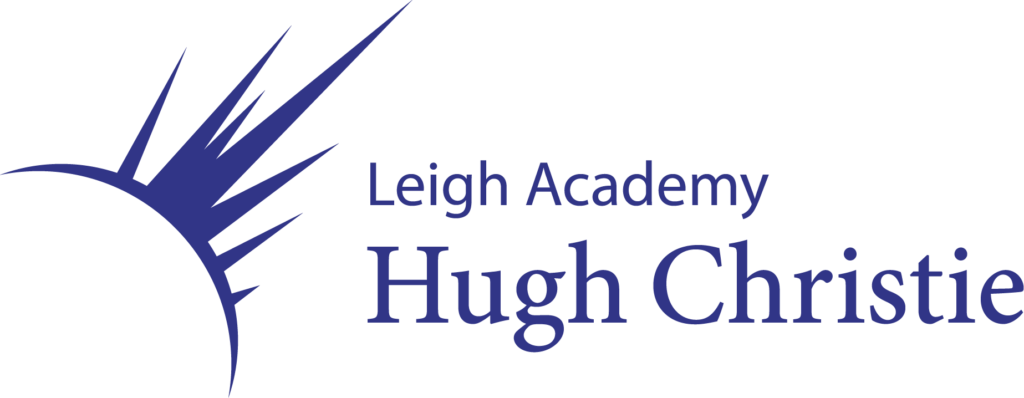ks4: sociology
Sociology is the study of society. Through the examining both the historical and contemporary issues in families, education, crime and social stratification, students will have the opportunity to develop the knowledge and skills to understand these issues and the methods used to research them.
The specification used by Leigh Academy Hugh Christie is the WJEC Eduqas GCSE Sociology specification. Although this specification 100% exam based, students will have several opportunities to develop their knowledge and skills through doing their own sociological research and writing up their findings like true sociologists do.
- Paper 1
- Key concepts and processes of cultural transmission
- Families
- Education
- Sociological research methods
- Paper 2
- Social differentiation and stratification
- Crime and deviance
- Applied methods of sociological enquiry
ks5: sociology
Sociology is a social science that focuses on society, human social behaviour, patterns of social relationships and of social interaction.
Sociological approaches form the basis of all that will be taught and the approaches will be applied to topics on education, research methods and crime and deviance.
You will gain a greater understanding of the roles and function of the education system, you will examine how to use qualitative and quantitative methods of research and gain a greater understanding of crime, deviance, social order and social control.
There will also be an opportunity to study additional topics in sociology including families, culture and identity and global development to name a few.
The qualification carries UCAS points and if it is taken alongside other qualifications as part of a two-year programme of learning then it is recognised by higher education providers as contributing to meeting admission requirements for many courses. It will support entry to many higher education courses, depending on the other qualifications learners have taken. The qualification can also support progression to employment directly or via an Apprenticeship.
- Paper One: Education with Theory and Methods
You will explore relationships and processes within schools, the significance of educational policies and explore the role and function of the education system.
This is a written exam, 2 hours, Externally Assessed - Paper Two: Topics in Sociology
This is a written exam where you will be expected to foster a critical awareness of contemporary social processes and change, and draw together the knowledge, understanding and skills learnt in different aspects of the course.
2 hours, Externally Assessed - Paper 3: Crime and Deviance with Theory and Methods
You are expected to be familiar with sociological explanations of crime and deviance, social order and social control, the social distribution of crime and deviance by ethnicity, gender and social class, including recent patterns and trends in crime, globalisation and crime in contemporary society; the media and crime; green crime; human rights and state crimes.
This is a written exam, 2 hours, Externally Assessed



